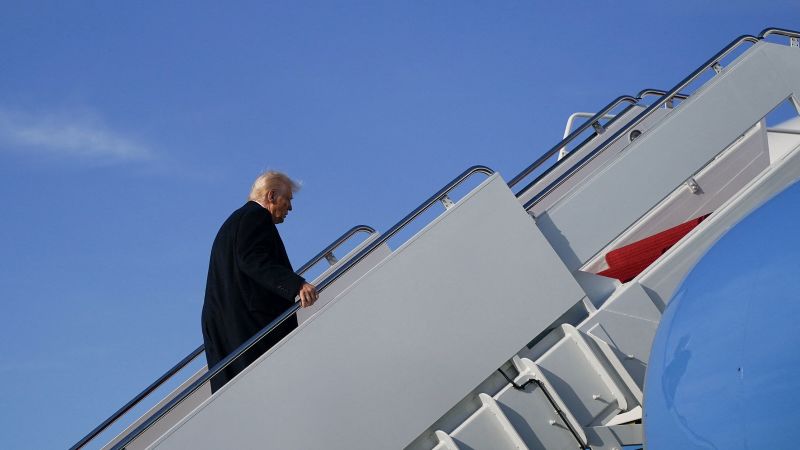The leader of the law firm Paul, Weiss, Rifkind, Wharton & Garrison, told employees that without a deal with President Donald Trump, the firm could have been “destroyed,” according to a letter obtained by CNN on Sunday.
“The executive order could easily have destroyed our firm. It brought the full weight of the government down on our firm, our people, and our clients,” firm chairman Brad Karp wrote, adding that the order, which suspended the security clearances of the firm’s lawyers, put both their clients’ government contracts and access at risk.
While the firm was hopeful that the legal community would rally in support, Karp said Paul Weiss learned that competitors were “aggressively soliciting our clients and recruiting our attorneys.”
The firm’s leadership, Karp continued “concluded that even a victory in litigation would not be sufficient to do so, because our firm would still be perceived as persona non grata with the Administration.”
President Donald Trump agreed to rescind the executive order after the firm reached an agreement late last week. Karp met with Trump to try to resolve the issue after Trump’s executive order, a person familiar with the meeting told CNN. The firm agreed to dedicate the equivalent of $40 million in pro bono legal services over the course of Trump’s term “to support the Administration’s initiatives,” the statement said. The firm has also agreed to audit its employment practices and pledged to not “adopt, use, or pursue” diversity, equity and inclusion policies.
Also in the letter, Karp defended the component of the deal that requires the firm to dedicate the equivalent of $40 million in pro bono legal services to support the administration’s initiatives, asserting that the administration is “not dictating” what matters the firm will take on.
“We obviously would not, and could not ethically, have agreed to that. Instead, we have agreed to commit substantial pro bono resources, in addition to the $130+ million we already commit annually, in areas of shared interest,” he explained.
Under the deal, the firm also agreed to audit its employment practices and pledged to not “adopt, use, or pursue” diversity, equity and inclusion policies, according to a statement posted to the president’s Truth Social page last week.
